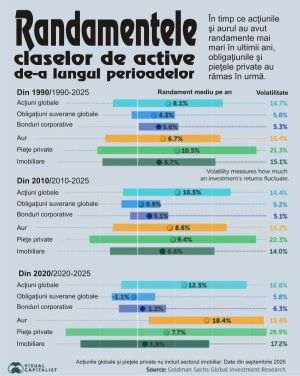Poverty is one of the major "diseases" of the beginning of the 21st century. The interweaving of crises accentuates the gulf between opulent wealth and abject poverty. Over a billion people worldwide live in conditions of acute poverty, half of them being minors. The worrying announcement is made by a report of the United Nations Development Program (UNDP). This dramatic reality underscores both the widespread nature of global poverty and the close link between armed conflict and worsening deprivation. The report, produced in partnership with the Oxford Poverty and Human Development Initiative (OPHI), provides a picture of the poverty rate, which is three times higher in countries at war. Armed conflicts reached the highest number since the Second World War in 2023, and their impact on vulnerable populations is devastating.

• Worse than lack of income
UNDP and OPHI use a multidimensional poverty index, which includes several factors that influence the quality of life: lack of adequate housing, access to sanitation, absence of electricity and cooking fuel, food shortages and poor education. Thus, poverty is no longer measured only by daily income, but by a combination of deprivations essential for a decent life.
This complex indicator shows that 1.1 billion people out of a population of 6.3 billion (from 112 countries around the globe) suffer from multidimensional poverty, and 455 million of them live in conflict zones. The poverty rate in such regions is three times higher than in peaceful countries, deepening humanitarian crises, says Yanchun Zhang, chief statistician at UNDP.
• Children, the most affected
The impact of poverty is most strongly felt by children and adolescents, 584 million young people under the age of 18 face major deprivation, which represents a global rate of 27.9%. This is much higher compared to the one recorded among adults, which stands at 13.5%. Children growing up in poverty have limited access to education, health and adequate food, which affects their chances of a decent life and exposes them to long-term risks.
• Wars, a determining factor in the increase of poverty
Armed conflicts not only destroy communities and cause mass migrations, but also aggravate economic and social deprivation. Sabina Alkire, director of OPHI, emphasizes that wars prevent any efforts to reduce poverty and leave "deep and lasting traces in people's lives". About 40 percent of the 1.1 billion poor people live in conflict zones, making the struggle for basic needs that much more difficult.
A conclusive example is Sub-Saharan Africa, where conflicts, combined with endemic poverty, leave millions of people without access to essential services. Other affected regions, such as South Asia, reflect the same problem, which is particularly evident in countries with accelerated population growth, such as India, Pakistan and Nigeria.
• Call for global actions
This alarming crisis requires concerted international action. Both UNDP and OPHI call on the international community to step up efforts to reduce global poverty and promote peace. The proposed solutions include not only supporting economic development, but also measures to stabilize war-affected regions, so that poverty reduction is sustainable. The report emphasizes the urgent need to implement policies that address poverty in an integrated way, combining humanitarian aid, economic development and peacebuilding. This is the only way the international community can ensure a better future for the millions of people trapped in poverty and conflicts.









































